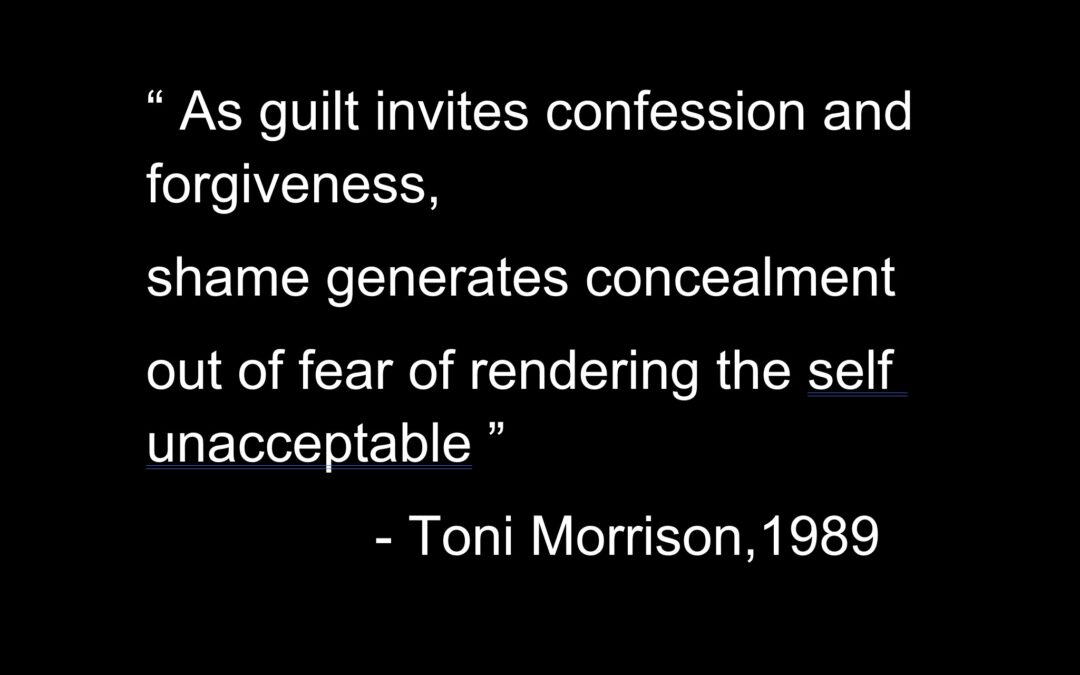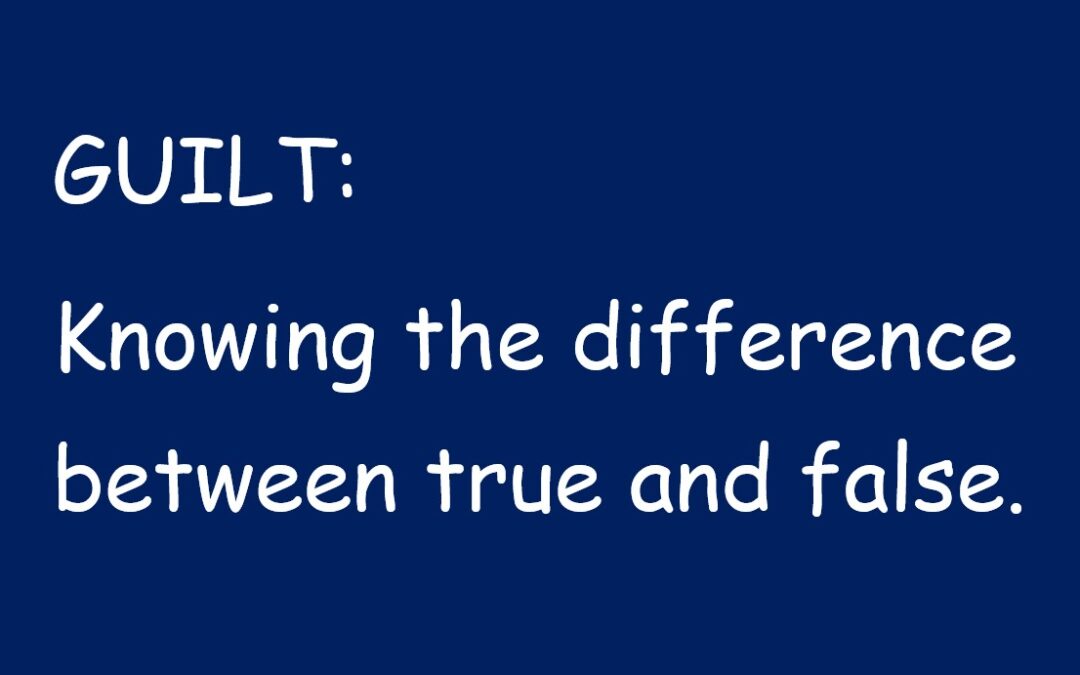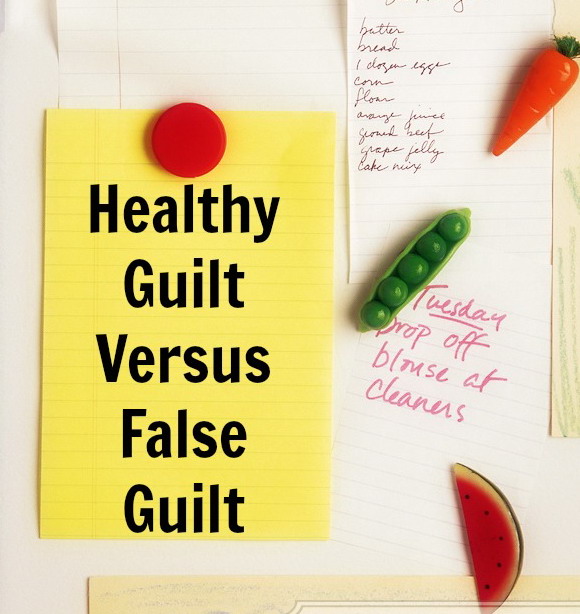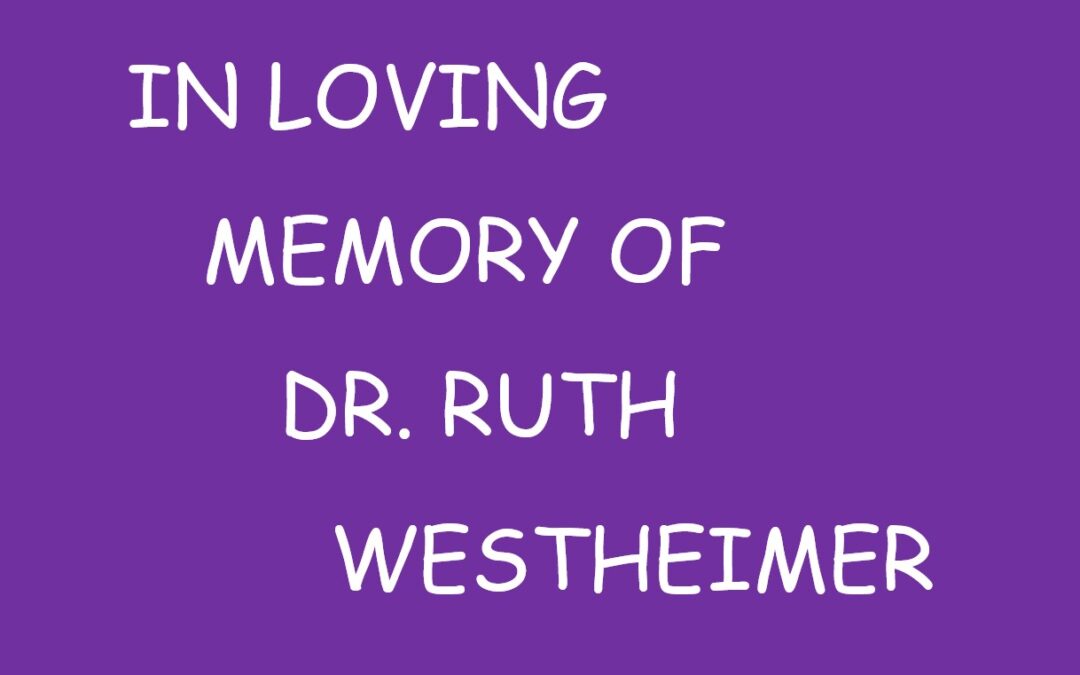
by Rev. Michael Heath | Sep 3, 2022
Psychologists write a lot about guilt and shame. Shame vs. Guilt – Brené Brown (brenebrown.com) False guilt and trauma induced shame are two of the most emotionally destructive experiences felt by clients and challenging for therapists to treat.
Despite their notoriety, folks often confuse their meaning. Guilt-Tripping and Emotional Manipulation | Pastoral Counseling Syracuse NY (revmichaelheath.com) For example, it is common for people to use the terms interchangeably. In fact, their meanings are quite different.
Today, we’ll highlight the differences between guilt and shame and suggest ways to deal with and reduce their impact.

by Rev. Michael Heath | Aug 13, 2015
Did You Know: that most guilt about sex is “false” guilt? Sex and False Guilt Everyone knows what guilt is: that self-conscious feeling of shame and embarrassment. While there are legitimate reasons for feeling guilty (like when you harm someone or...

by Rev. Michael Heath | Mar 3, 2024
Over the past few years, healthcare professionals have consistently pointed to the lack of individual self-care as a serious mental health concern. Indeed, many Americans suffer from a self-care deficiency. Lack of self-care reduces our resiliency and ability to...

by Rev. Michael Heath | Oct 17, 2020
October is World Mental Health Month and, as such, I want to address what I regard as a neglected but, nonetheless, a significant obstacle to emotional wellness and overall mental health: erroneous guilt and shame associated with sex.
As a pastoral counselor who has helped folks deal with a wide variety of emotional issues and conflicts over the years, I have witnessed many individuals and couples with this problem. While there are multiple factors which have created this difficult experience, it is indeed ironic that traditional church attitudes and teachings about sex are largely responsible for so much of the unnecessary guilt and emotional pain experienced by so many , especially by Christian believers. To be clear, I believe that much of the problem stems from Christianity’s fundamental discomfort with and ignorance about sex.
Despite the many decades of progress made by our society in the areas of human rights and social justice, our cultural and especially religious attitudes about sex have remained mired in myth and false ideas. It is amazing to me to realize how many folks are influenced by archaic views about sex and are tormented because of them.
Frankly, the way many clerics ignore science and pervert biblical teachings about sex constitutes theological or spiritual malpractice . The extent to which they have condemned as sinful, normal sexual feelings and practices is nothing less than abusive and ethically reprehensible. Instead uplifting and promoting joy, understanding and love, many of the damning attitudes and scowling views have caused spiritual conflict and resulted in personal self-hatred and relational strife.
Fortunately, the damage done by such beliefs is not permanent and can be undone with combination of accurate information and supportive therapy. Today I want to review with you three of the most common , destructive and egregious errors found in traditional church teachings about sex:
________________________

by Rev. Michael Heath | Mar 19, 2018
Feeling a false sense obligation is a common problem with which many of us struggle.
Sometimes, our obligations are real. At other times , however, we may feel obligated or have a sense of guilt when there is no rational or logical reason. Here are some basic questions to help you detect a false sense of obligation and to help you discover viable options when you feel trapped or guilty:
by Rev. Michael Heath | Feb 23, 2011
No one likes to be guilt-tripped, yet it happens all the time. Parents do it. Kids do it. Spouses do it. Friends do it. We do it so often we aren’t even aware of it. on the other hand, no none likes to feel emotionally extorted. Today we are going to learn more...

by Rev. Michael Heath | Dec 1, 2022
Recently, I wrote about the problem of false guilt and shame which can interfere with a person’s ability to think clearly and relate rationally to others. False Guilt and Shame | Pastoral Counseling Syracuse NY (revmichaelheath.com)
Today I want to talk about shame and guilt about sex and the major source of these destructive feelings, i.e. traditional religious teachings about sex and pleasure. Over the centuries, traditional Roman Catholic and Protestant doctrines have caused of a lot of needless stress. And, as hard as it is to believe, they continue to be a source of pain for many.
From a psychological point of view, traditional Christian beliefs viewed normal sexual feelings to be in conflict with God’s law and, therefore, sinful. Thus, lacking positive teachings about sex, natural desires evoked feelings of sinfulness and even self-hatred.
Those who suffer with this conflict need to know that this antipathy was not always the case. It is important to understand the evolution of Christian thought and how the delights of sex found in Song of Solomon were squelched and replaced with negative views.
While complex, two major developments are largely responsible for this change: 1) apocalyptic expectations. and 2) The disappointment of those expectations experienced by the delay of the Jesus’ 2nd coming (the Parousia). Let me explain,

by Rev. Michael Heath | Jul 2, 2022
Sex toys ? Why would a pastoral counselor want to talk about sex toys ? Perhaps providing some context would help.
Being Sex Positive
An important theme throughout my career has been to allay the false guilt and shame engendered by religion and our sexist culture. My goal has been, and continues to be, to promote positive attitudes about sex. That is, as young folks say, to be sex-positive.
Religious and Cultural Bias
First, it needs to be understood that being sex-positive flies in the face of thousands of years of religious and cultural bias.
To be sex-positive, one must feel free to have sex just for its pleasure. While this view may seem obvious, for many, it’s not. For many, especially older folks, enjoying sex is complicated. A cloud hangs over the notion that sex can be enjoyed just for fun. Hedonistic enjoyment is suspect and guilt ridden. That’s because religion has often portrayed sex in a quasi-sacred way that confusingly combines erotic experience with the spiritual mystery of procreation.
Indeed, traditional religious beliefs have negatively influenced our culture’s attitudes toward sex. Condemning normal practices like masturbation as sinful has created unnecessary guilt and shame for older generations. masturbation | Pastoral Counseling Syracuse NY (revmichaelheath.com)
Pernicious Myths Ignore Single People and Older Adults
The indisputable fact is that conservative Christianity is and always has been uncomfortable with sex. (See St. Augustine) It sees it primarily as the means for procreation. (See Thomas Acquinas) In doing so it refuses to acknowledge the legitimacy of sex simply for pleasure or outside of the bonds of marriage.
As a result, the church’s outlook toward sex ignores and fails all single folks and seniors who are beyond child-bearing years. Further, through its silence, the church implicitly promotes false notions about sex and aging.
For example: we are led to believe that sexual interest wanes with age and becomes less and less important the older you get. In fact, barring serious medical limitations, interest and enjoyment of sex is a lifelong entitlement which actually can increase over the years.
That said, aging does change certain things about the way folks can have sex. The loss of flexibility or increased discomfort may require that some things be done differently. Unfortunately, this general discomfort with sex prevents many couples from even talking about sex much less exploring new, more adaptive and exciting sexual possibilities.
What about Sex Toys ?
All of this brings us to sex toys and a recent article in Slate online.

by Rev. Michael Heath | Jul 17, 2024
The news of Dr. Ruth Westheimer’s passing stunned me—not in a shocking sense. She was 96 years old; it’s just that, having been inspired and guided by her for over 40 years, it’s hard to think of her not being around.
Her death made me realize how important this woman’s work was to my professional development and personal outlook on life. Beyond my personal appreciation, I want to share some of the innovative and groundbreaking contributions she made to sex education and American culture.*
DR. RUTH IN HISTORICAL CONTEXT
It is important to acknowledge that her message was not original. She belongs to an exceptional group of educators and stands on the shoulders of other great leaders who came before her and talked to America calmly and rationally about sex.
For example, in the 40s, Alfred Kinsey conducted groundbreaking sexual research, which was continued and advanced in the 50s by Masters and Johnson. In the 60s, Helen Singer Kaplan, through her teaching and writing, provided the gold standard for sex therapy. In the 70’s, Phil and Lorna Sarrell humanized sexuality studies at Yale Medical School. Here in Syracuse in the 80s, Sol Gordon was an important voice who used humor to bring sex education out of the dark ages.
What was truly unique about Ruth Westheimer was the way she looked and talked about sex. While others dressed in white coats and spoke academically, she looked like your grandmother and cracked jokes.
Dr. Ruth dared to talk about sex like no doctor had before. In general, she taught America to lighten up about sex and stop being so serious. More importantly, she helped us to stop feeling guilty for even talking about it. Here are some areas of her profound and lasting influence.

by Rev. Michael Heath | Aug 2, 2023
In trying to keep up with “what’s happening now” in the field of sexuality, I came across the phrase “sex-as-a-hobby”. Recently, this way of looking at sex has become popular, especially among those who identify as asexual. They find the perspective useful because it understands sex as something that one does and not as a defining characteristic of who one is. Sex As A Hobby: A Transhumanist’s Perspective – Philosophy, Politics, and Science – Asexual Visibility and Education Network (asexuality.org)
Others, such as sex coach Ruth Ramsay, employ the sex-as-a-hobby approach to de-mystify the highly emotional topic of sexuality. She finds the concept useful to help couples learn to discuss and deal with sex-related problems more rationally. Revamp your sex life in 6 minutes | Ruth Ramsay | TEDxDaltVila – YouTube
At first I laughed at the notion of thinking of sex was like a hobby but, the more I thought about it, the more I realized that it made sense., Although a hobby might not be the best metaphor, we do need to redefine and change how we think about sex. Here’s why:









